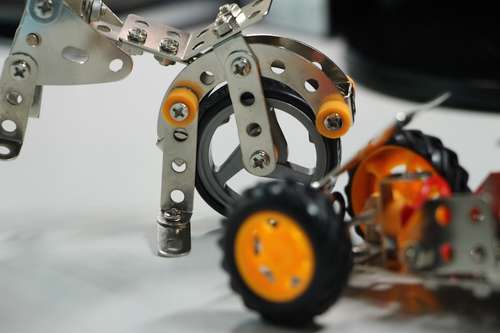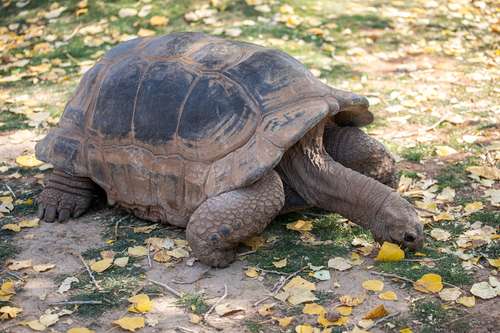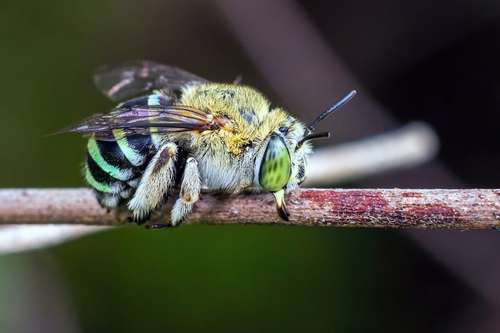Eight Arms, Endless Skills: New Study Finds an Octopus' Arms Can Do It All
The ocean is full of surprises, and nothing captures that better than the octopus. This fascinating cephalopod shows off its incredible eight arms every day, not just for show but as a testament to evolution's genius. Imagine each arm acting like it's its own little brain, ready to tackle any problem independently! The latest findings in marine biology have stunned researchers, revealing that the octopus' arms can operate autonomously, a discovery that redefines what we thought we knew about animal behavior and octopus intelligence.
Diving into the world of underwater creatures can feel like exploring an alien universe. As we get closer to understanding the mystery behind these eight arms, we see that their dexterity and versatility go well beyond what science has explained before. It almost seems as if each arm has a personality of its own, capable of all the tasks required for survival, from hunting to exploring crevices in rocky ocean floors. This new octopus study is a reminder of nature’s astounding creativity and hints at vast untapped potential in both marine research and robotics.
The Mystery of Independent Arms
Have you ever marveled at the sheer talent of an octopus? A recent study has provided insights that will leave you equally amazed. This section delves into how the octopus manages its eight arms, each operating with remarkable independence.
The research on octopus movement reveals that each arm can respond to its environment without full input from the central brain. Just imagine your arm being capable of finding a camera to capture a moment even if your head is busy thinking about dinner! These arms are controlled by a sophisticated network of neurons, making them not just muscles but intelligent, responsive appendages. Every twist and turn reminds us that animal behavior in marine life is far more complex than what meets the eye.
This decentralized control gives the octopus a unique edge in survival. For instance, when it encounters a threat, one arm can initiate a defensive maneuver while the rest of the body continues with other tasks. It’s nature's very own multitasking marvel, showcasing arm dexterity that one could only dream about when juggling daily chores. The study points out that this autonomous system might be a major reason why these undersea animals can adapt so quickly to different environments.
Implications for Robotics and Future Technology
What if we could borrow a page from the octopus playbook for our own technology? In this section, we explore how understanding octopus skills could revolutionize robotics and engineering.
Innovators in the robotics field have long looked at nature for inspiration. The idea of a robot whose components work independently is now closer to reality thanks to breakthroughs in octopus research. Imagine a robotic arm that can move and grip independently, much like the cephalopod’s eight arms. It’s not science fiction anymore but a real possibility waiting to be explored. This potential leap in robotic design could lead to machines that can handle delicate tasks in unpredictable environments such as disaster zones or even space exploration.
Engineers are particularly excited by the prospects of decentralized control systems. By mimicking the autonomous features found in aquatic animals, we could see advancements that allow machines to operate with increased adaptability and efficiency. The concept is a bit like having multiple smaller brains working in unison, giving every robotic arm the capability to solve different problems simultaneously. This could benefit a range of applications, from surgery robots in medicine to underwater drones used in marine biology studies.
The study underlines that the octopus isn’t just a quirky character of the deep but a blueprint for a new generation of agile, resilient technology. Such innovations underline the importance of applying lessons from animal behavior to practical, cutting-edge solutions in our daily lives.
Insights from Marine Biology and Octopus Research
Research in the realm of marine biology is unveiling layers of complexity in the lives of underwater creatures. Let’s talk about the insights gained from the recent octopus study and how they are reshaping our view of aquatic life.
When scientists first began to measure the independent capabilities of octopus movement, the findings were nothing short of groundbreaking. The study showcases a level of arm dexterity that transforms our understanding of octopus abilities. Marine biologists are now thinking of these cephalopods not only as masters of camouflage and escape but as creatures with highly specialized and independent operational modes in each of their limbs. It almost seems that each arm is an expert in navigating its immediate environment.
This concept has sparked lively debates about how intelligence is distributed throughout an animal’s body. Researchers argue that the octopus challenges the conventional notion that centralized brain control is essential for complex motor functions. It’s a fascinating perspective that opens up plenty of questions. Could we have overlooked similar mechanisms in other aquatic animals? The answer might change how we study underwater ecosystems and animal behavior in marine life.
Stories in the scientific community are already buzzing about potential applications of these insights. A renowned marine biologist was quoted stating that this revelation could be a turning point not just for ethology, but also for inter-disciplinary studies that link neuroscience with robotics. It’s hard not to get excited about the endless possibilities that lie ahead in octopus research!
Concluding Thoughts
It’s clear that the octopus is not only a marvel of marine biology but also a hint at the future of technological innovation. Understanding how each of its eight arms operates independently provides us with a new lens through which to view animal behavior and potential future applications in robotics. The octopus arms, with their uncanny ability to multitask and adapt, remind us that nature’s solutions are often more advanced than anything we can imagine.
In reading this article, you might now appreciate the octopus not just as a mysterious sea creature, but as a beacon of innovative design in the animal kingdom. The study is a reminder that every twist and movement in the ocean carries the potential to inspire new ways of thinking in science and technology. With aquatic animals like the octopus leading the way, who knows what fascinating secrets lie beneath the waves waiting to be discovered?
This research not only enriches our understanding of octopus abilities and marine life but encourages us to look at nature with fresh eyes. As we push forward in our exploration of both the deep sea and technological frontiers, one thing is clear: sometimes, the smallest details—like the independent movement of an octopus' arms—can unlock the greatest wonders of innovation and insight!




